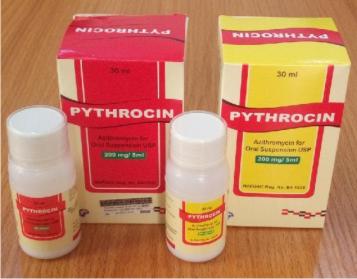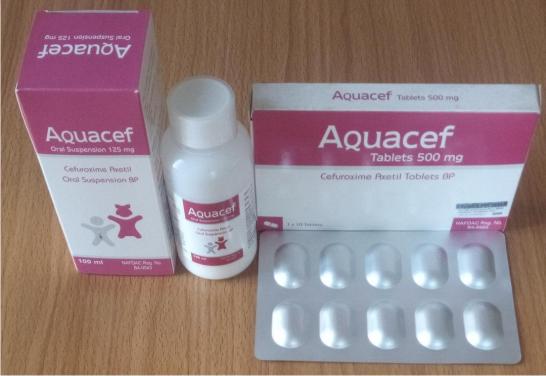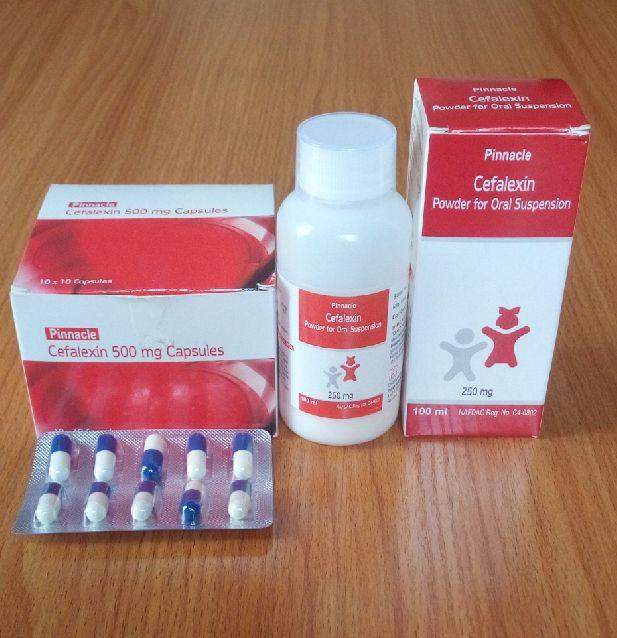
President Bola Tinubu’s delegation to the United Kingdom has opened high-level discussions on the possible transfer of Nigeria’s former Deputy Senate President, Ike Ekweremadu, to serve the remainder of his prison sentence in Nigeria.
Ekweremadu, who was sentenced to nine years and eight months in a UK prison for organ trafficking, is currently serving time alongside his wife, Beatrice, who received four years and six months, while Dr. Obinna Obeta, a medical practitioner involved in the case, is serving ten years.
The Nigerian team—led by Minister of Foreign Affairs, Yusuf Tuggar, Attorney General and Minister of Justice, Lateef Fagbemi (SAN), and Controller General of the Nigerian Correctional Service, Sylvester Ndidi Nwakuche—has already met with UK Foreign Secretary Yvette Cooper and top officials from the UK Ministry of Justice.
Confirming the development, the Foreign Affairs Minister’s media aide, Alkasim Abdulkadir, said the delegation’s mission was to explore diplomatic and legal frameworks that could enable Ekweremadu’s transfer under existing international prisoner exchange agreements.
“The Presidential Delegation met with UK authorities to explore the possibility of Senator Ike Ekweremadu serving the remainder of his sentence in Nigeria. Consultations are ongoing,” Abdulkadir disclosed.
Ekweremadu’s ordeal began in June 2022, when he and his wife were arrested by the London Metropolitan Police after being accused of attempting to traffic a 21-year-old man for organ harvesting. The victim was allegedly deceived into traveling to London under the pretext of donating a kidney to the couple’s ailing daughter, Sonia.
The case, which shocked both Nigeria and the international community, culminated in March 2023, when a UK court convicted the trio of conspiracy to arrange the travel of another person for the purpose of exploitation — marking the first organ trafficking conviction under UK’s Modern Slavery Act.
Now, as diplomatic negotiations gain momentum, observers are watching closely to see if London will agree to Nigeria’s request — a move that could test the strength of bilateral ties and the global reach of justice.
ADVERTISEMENTS

















